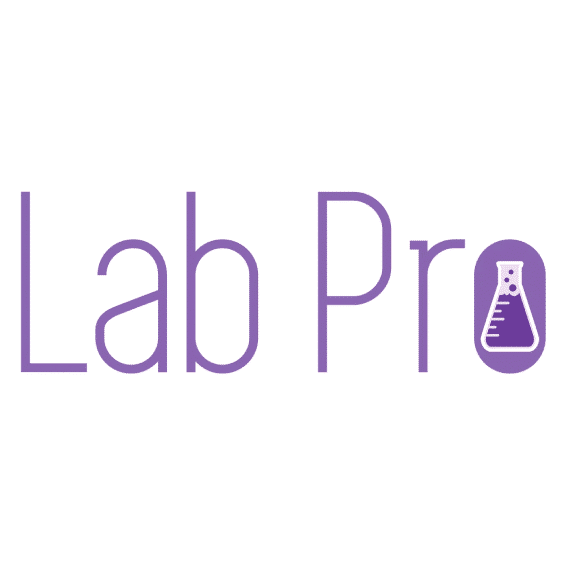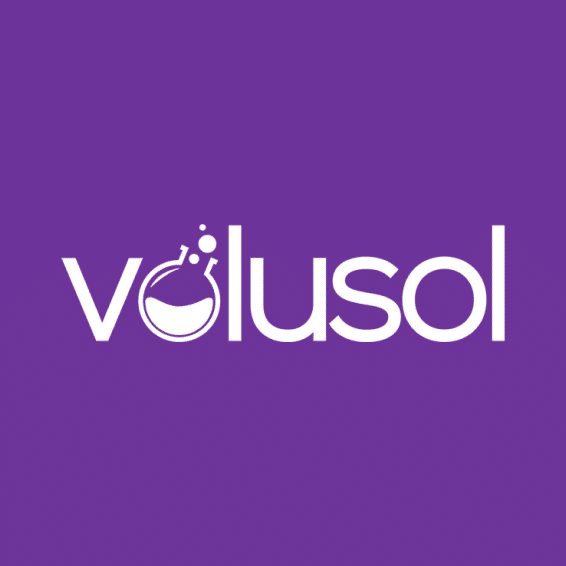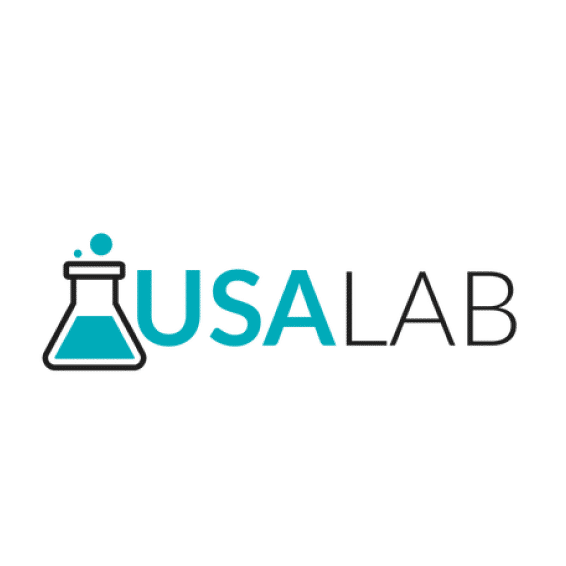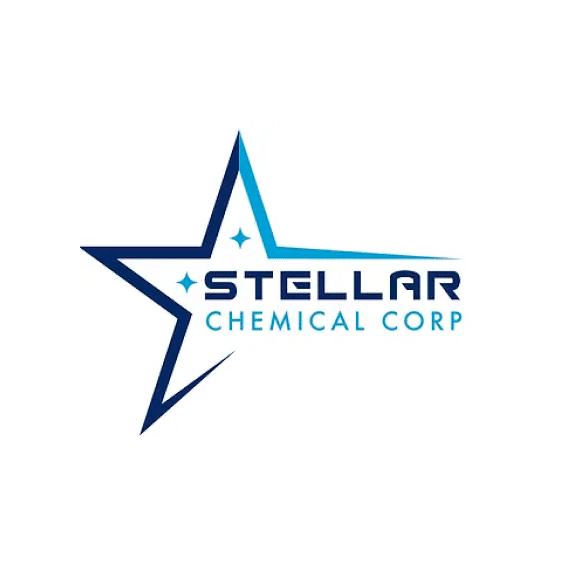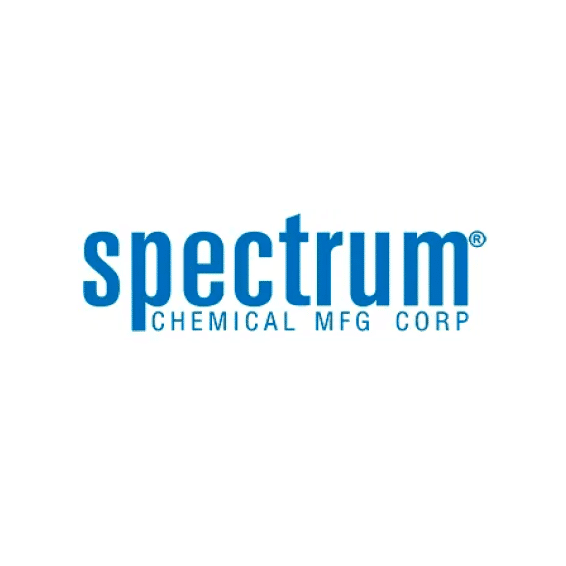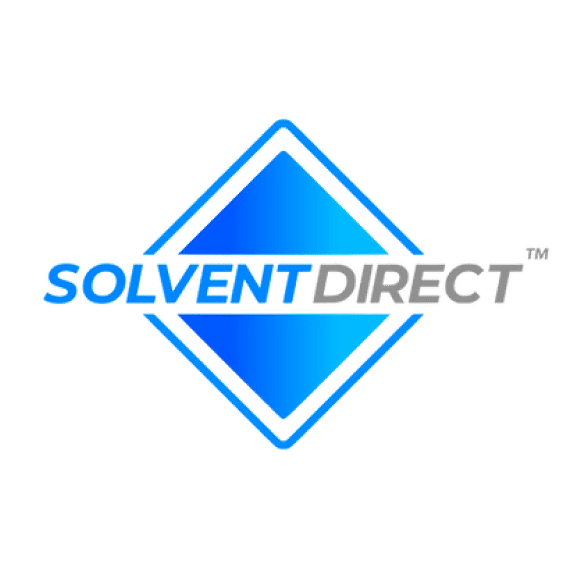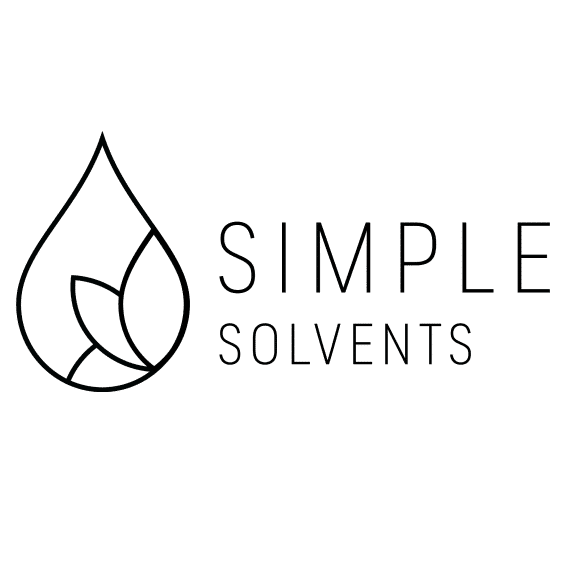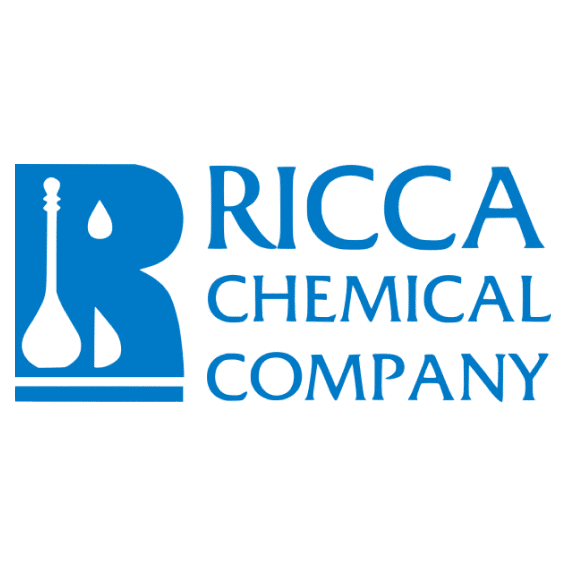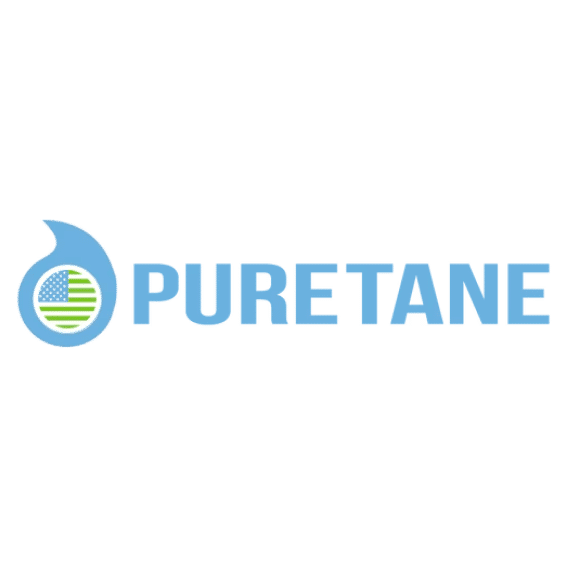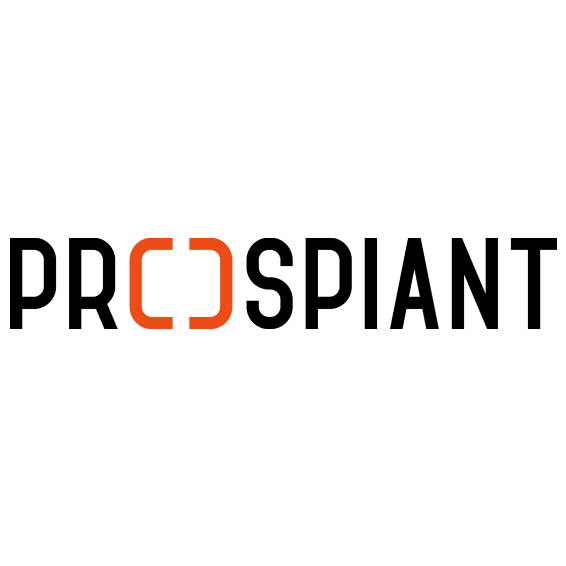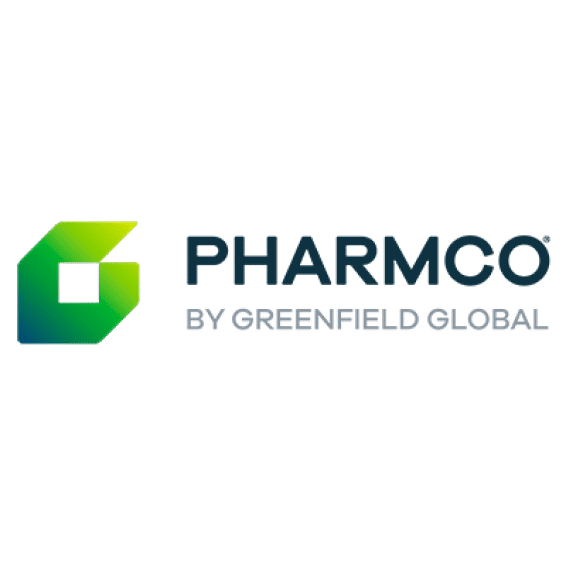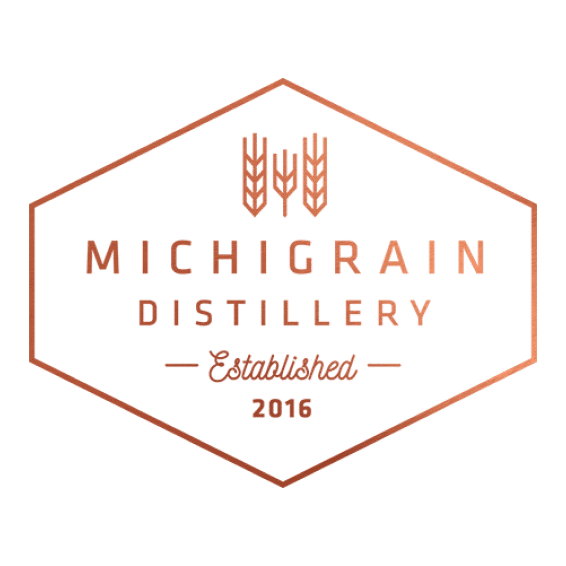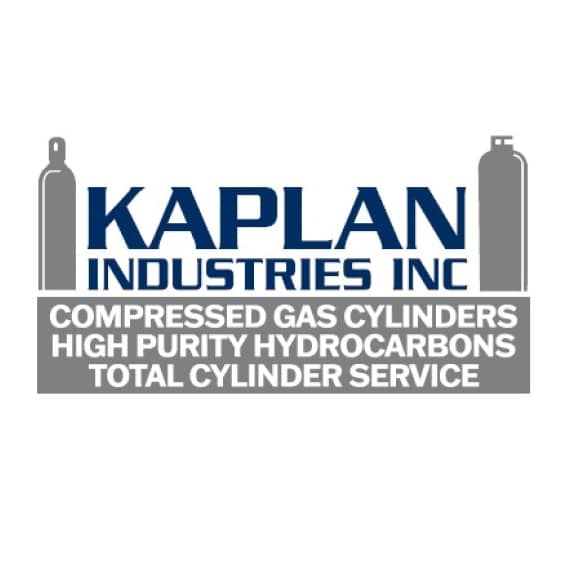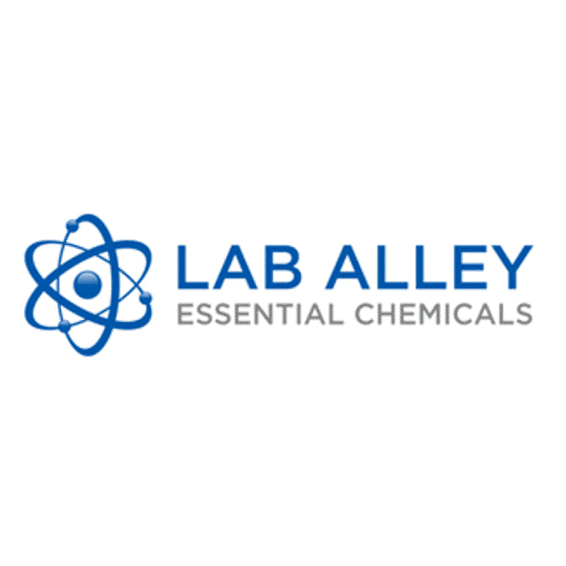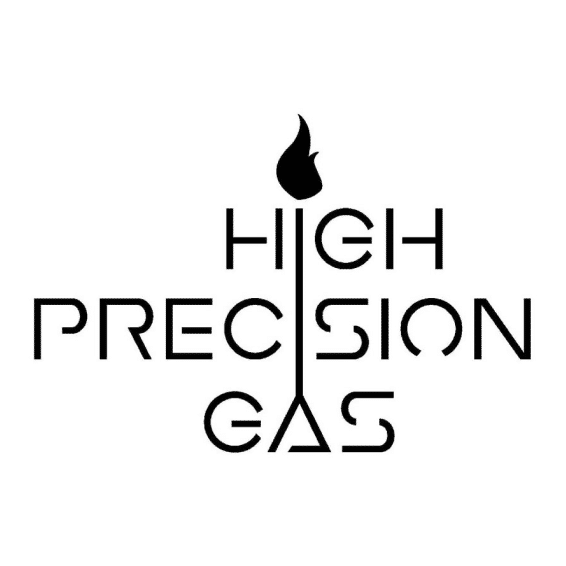Businesses Found: 31
Botanical Extraction Solvent Suppliers Directory: How to Choose the Right One
First of all, what are solvents?
We mean all substances used to dissolve plant materials, used for extracting all active components. Traditional, and not quite as widespread yet.
Types of Solvents
Sure, the classic options go first:
- Hydrocarbons (Butane, Propane, etc.);
- Alcohols (Ethanol, Methanol);
- Carbon Dioxide (CO2).
On top of that, there are less (or more) common solutions, which either do not require a traditional supplier at all, or require a more individual approach:
- Water;
- Fatty oils (olive, coconut, etc.);
- Terpenes (as D-limonene);
- Custom specialty gasses blends.
How do you choose a solvent?
Before you choose a solvent supplier from the directory, you’ve got to be sure which solvent you actually need. Pay attention to:
- Selectivity. Some solvents are more selective for specific compounds, with a major effect on purity and the nature of the final product;
- Safety. The toxicity and flammability should align with your facility’s specialization, your certifications and regulations, and your general approach to safety;
- Efficiency. It comes with no surprise, some solvents are more efficient at extracting desired compounds than others (we mean both productivity and cost-effectiveness);
- Regulations. Legal restrictions on solvent use can (and do) vary, depending on your state or province.
Whether it’s steam distillation or supercritical CO2 extraction for you, make sure that you have a clear understanding of the solvent you need.
Also, keep in mind: you might not need a solvent at all. Solventless methods are getting more and more effective lately. To keep this guide unbiased, you should know of:
- Dry sifting (agitating the dried cannabis over screens or meshes of various sizes);
- Manual pressing with heat and pressure (mostly with rosin presses that you’ll find in the Equipment section of the directory, along with other setups);
- Ice water extraction (for bubble hash).
This list is not extensive, but we have a whole section of the magazine dedicated exclusively to botanical extraction methods. There’s no way to cover this immense topic in just a few lines.
What businesses are listed in this solvent supplier directory?
For your convenience, we use a list of tags, so you can filter out the companies that do not supply the solvent you need.
We focus on businesses that supply:
Hydrocarbons
All the non-polar solvents:
- Butane
- Propane
- Isobutane
- n-Butane
Alcohols
Versatile, cost-effective, simple:
- Ethanol
- Methanol
- Isopropyl Alcohol (IPA)
- Isobutyl Alcohol
Ethers and Ketones
Strong solvency properties, though less common:
- Methane (primarily a gas, included here for its hydrocarbon nature and occasional use in solvent formulations).
Aromatics
So far, just one:
- Xylenes
Terpenes
Organic and natural:
- D-Limonene
Blends
This tag applies to all companies that provide custom blend options. All marked with a simple flair:
- Blends
Chlorinated Options
For either extra-specific or largely industrial applications (also, highly regulated):
- n-Heptane
- n-Pentane
- IsoPentane
- Hexane
Specialty gasses and Others
Supercritical extractions and niche applications:
- Propylene
- CO2
In Addition
We believe in environmentally-friendly extraction, so there’s a separate tag for all options that are free from hazardous air pollutants:
- HAP-free
This categorization is easy to use and navigate (one click filters out dozens of companies that do not supply the solvet you need). It’s especially important since each solvent group has unique handling, safety, and regulatory considerations.
How do you choose a solvent supplier from the business directory?
The materials define the quality of your products, so there’s a whole spectrum of technical, logistical, and professional considerations that go beyond basic “check the reviews” analysis.
Here are the key aspects to consider:
Purity and quality of solvents
They should provide detailed specifications and Certificates of Analysis (CoA) for each batch, and it’s on you to make sure it’s on point. Look for companies that provide solvents with low levels of contaminants, like non-volatile residues and heavy metals.
Regulatory compliance
FDA, EPA, and local regulations are crucial to follow for both your business and the supplier. Consider suppliers who follow sustainable practices and offer environmentally friendly solvent options.
Supply chain management
Delivery schedules and the ability to maintain consistent stock levels are more than important to minimize (or totally avoid) downtime. Check the supplier’s track record for consistency and go through their contingency plans for supply chain disruptions.
Technical support & customer service
You’re going to talk to these guys a lot, even if things go well (which rarely happens, no matter how big your optimization budget is). Make sure they’re actually accessible.
Safety and Handling
A good solvent supplier should provide up-to-date material safety data sheets (MSDS) for all their solvents.
Expertise in botanical extraction
Solvents are used everywhere, from construction to medicine. Suppliers with a focus on botanical extraction will likely understand your needs better than generic specialty gas manufacturers.
All the Certifications
Since we’re talking about highly flammable, explosive, pressurized, not-quite-safe substances, it’s more than crucial to make sure your supplier follows the best practices and their products actually align with the regulations.
Here’s a breakdown for US and for Canada:
United States
- FDA (Food and Drug Administration). Look for cGMP (current Good Manufacturing Practices) compliance;
- USP (United States Pharmacopeia) grade. The standard for purity that means the solvent is suitable for medical and food applications;
- ACS grade. ACS grade indicates that a solvent meets or exceeds the purity standards set by the American Chemical Society. Typically required for scientific research.
- EPA (Environmental Protection Agency). All the regulations concerning environmental safety for handling, storage, and disposal.
- OSHA (Occupational Safety and Health Administration) standards. All about workplace safety and proper handling of potentially hazardous materials.
- NFPA (National Fire Protection Association) labeling. Proper NFPA labels indicate that the solvent has been checked for potential health hazards, flammability, and reactivity.
Canada
- Health Canada compliance. Includes adherence to the Good Manufacturing Practices (GMP) outlined by Health Canada;
- CPhA (Canadian Pharmaceutical Association) grade. Similar to USP in the US. CPhA grade states that your solvent meets the standards for pharmaceutical applications;
- CCCR (Consumer Chemicals and Containers Regulations). The set of regulations that covers the labeling and packaging of chemical products;
- TDG (Transportation of Dangerous Goods) regulations. Safe transportation of hazardous materials covers the shipping phase;
- WHMIS (Workplace Hazardous Materials Information System). The one responsible for labeling and safety data sheets.
Keep in mind: the regulatory field is changing constantly. What was a necessity yesterday might not be on the list tomorrow. The regulations (and the number of institutions involved) varies greatly depending on the solvent you need.

